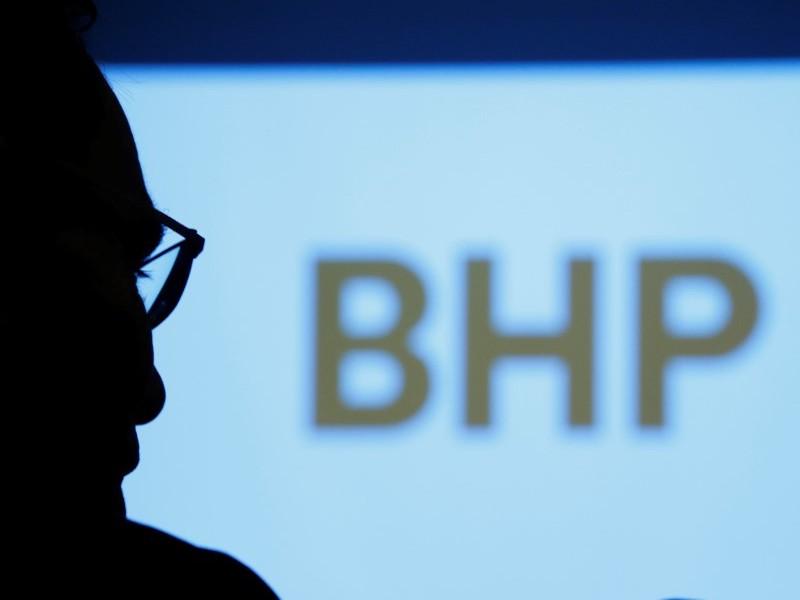MELBOURNE/LONDON—BP Plc. has agreed to buy U.S. shale oil and gas assets from global miner BHP Billiton for $10.5 billion, expanding the British oil major’s footprint in some of the nation’s most productive oil basins in its biggest deal in nearly 20 years.
The acquisition of about 500,000 producing acres marks a turning point for BP since the Deepwater Horizon rig disaster in the Gulf of Mexico in 2010, for which the company is still paying off more than $65 billion in penalties and clean-up costs.





